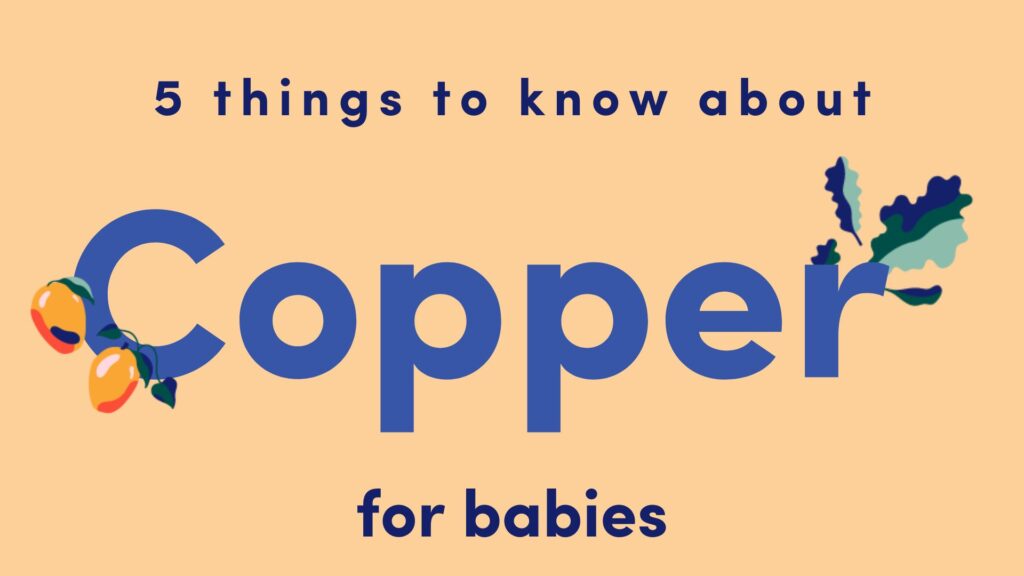
Cerebelly is Science, Parenting is an Art: Stories, Tips, and Support for Growing Families
We believe there is a better way to nourish our kids. Cerebelly unites neuroscience, nutrition and whole food organic ingredients to give your little ones the best start possible.
93 Posts

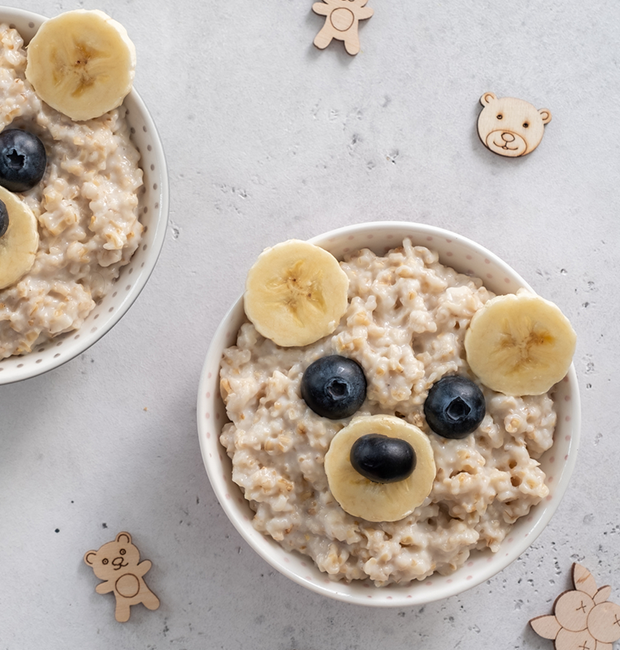
3 Delicious Breakfast Ideas For Your Little One
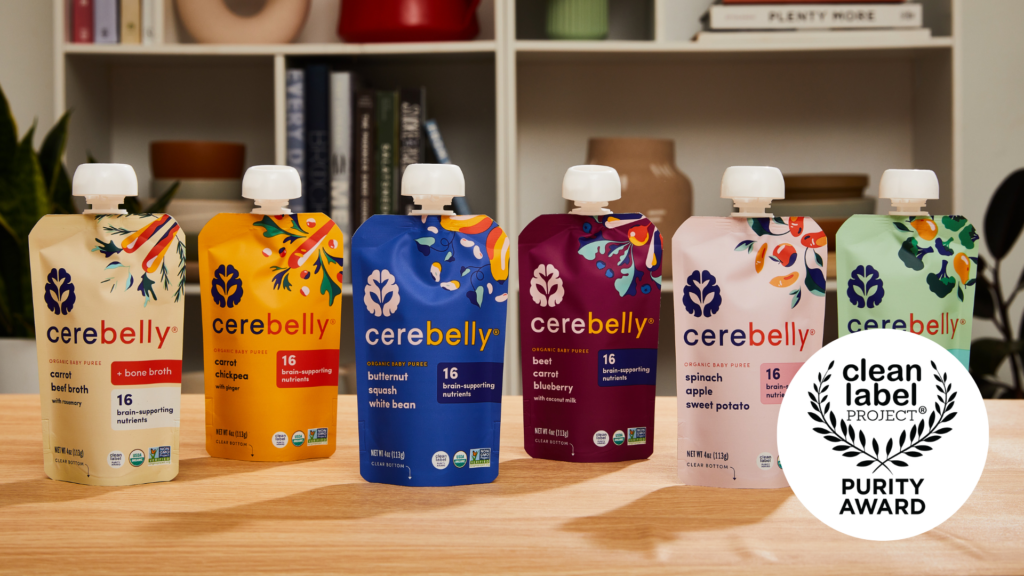
What to Know About Our High Quality Standards and Heavy Metal Testing

How to Reduce Overexposure to Heavy Metals – From Dr. Darria, ER Doctor and Mom
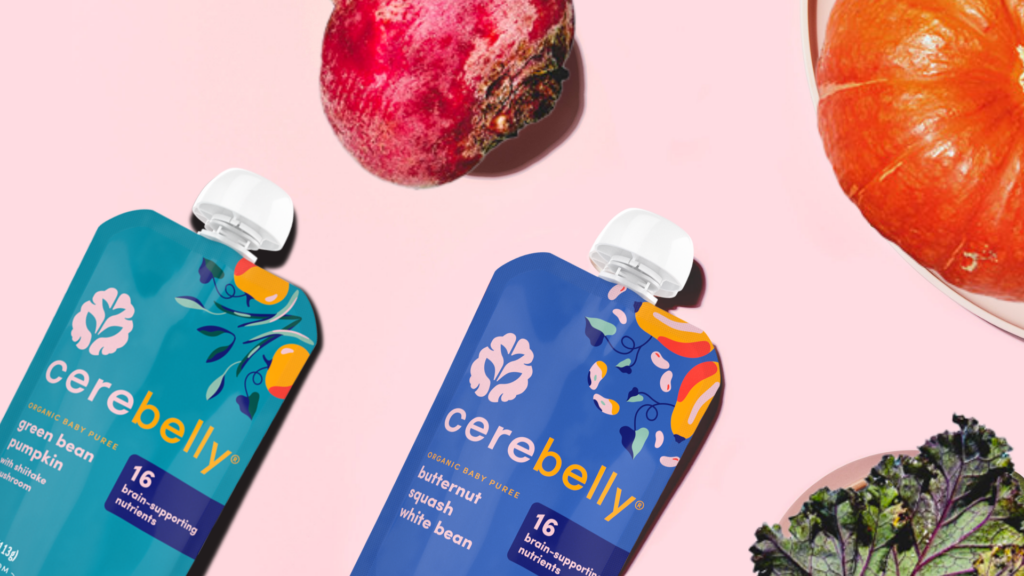
Falling for Fall ingredients
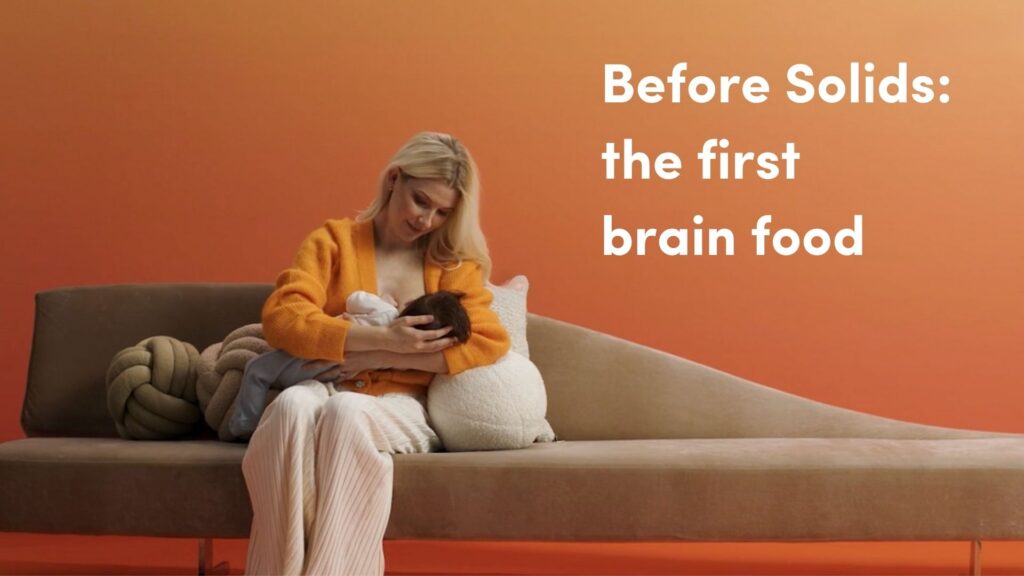
Before Solids: the first brain food
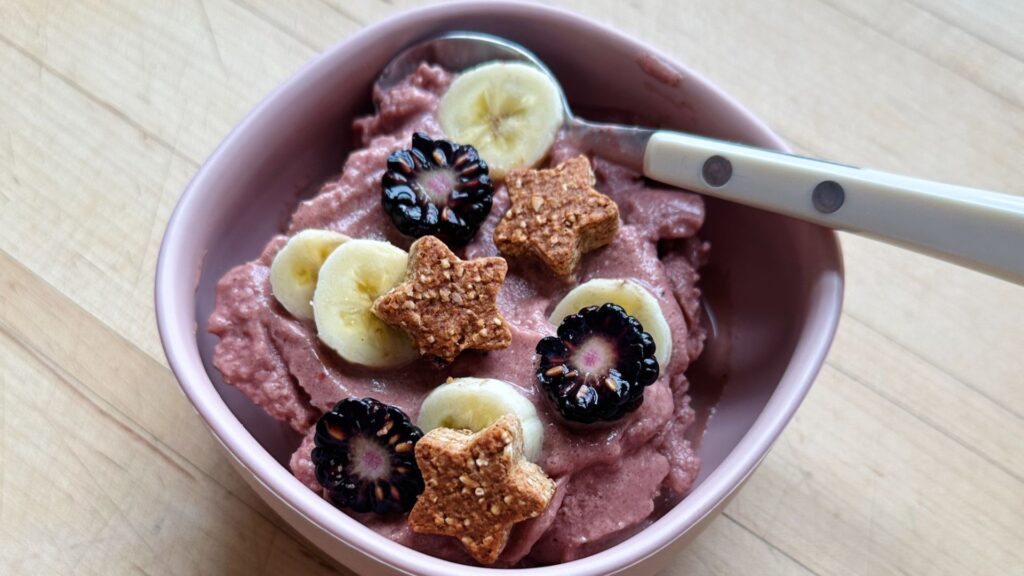
Cerebelly Protein Smoothie Bowl Recipe

Nutrient Dense Teething Pops Recipe

How to keep your ‘summer day camp’ child well nourished

Choosing Your Baby's First Foods

Developmental Benefits of Baby Wearing
